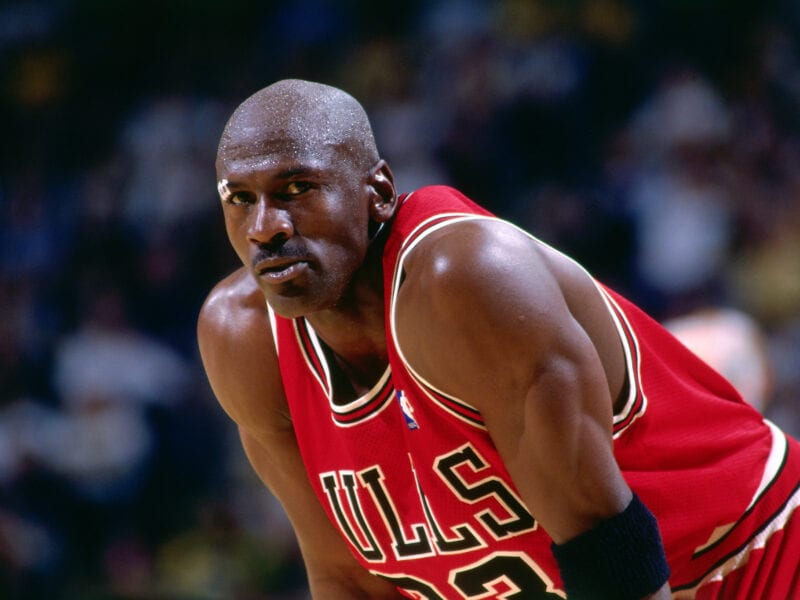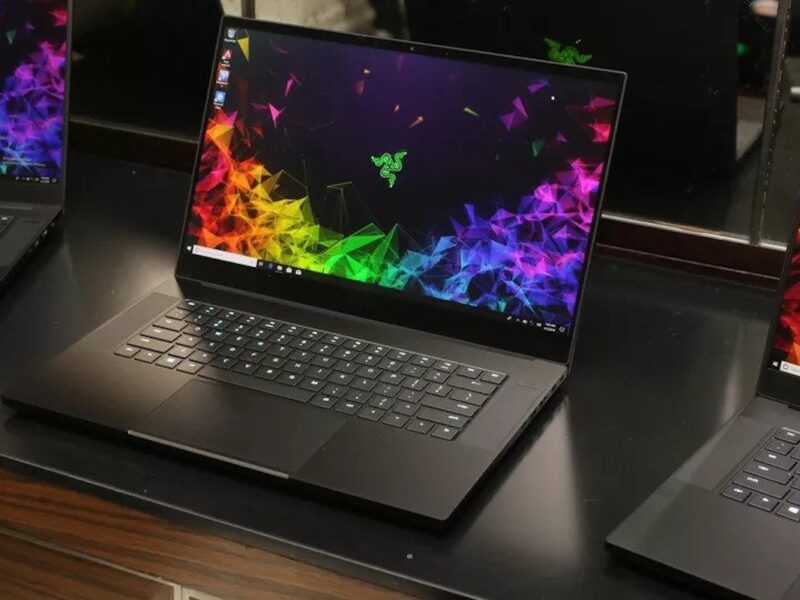
The Dior fashion show in Mexico City: Racist, sexist, and tone-deaf?
Does fashion empower or objectify? The world of style and haute couture was recently sent into a frenzy with allegations of sexism at a Dior fashion show in Mexico City. Critics came down hard on the designer, lambasting some elements of the show as discriminatory.
But could it be that we’re too quick to label and slow to understand? Could this controversy be less a case of sexism and more a complicated blend of innovation and interpretation?
At the heart of the uproar were some of Dior’s provocative outfits, with critics arguing they perpetuated harmful female stereotypes.
But isn’t fashion’s essence about pushing boundaries and challenging norms? Perhaps we’re missing the broader perspective on the role of avant-garde fashion, which often employs bold statements for empowerment.
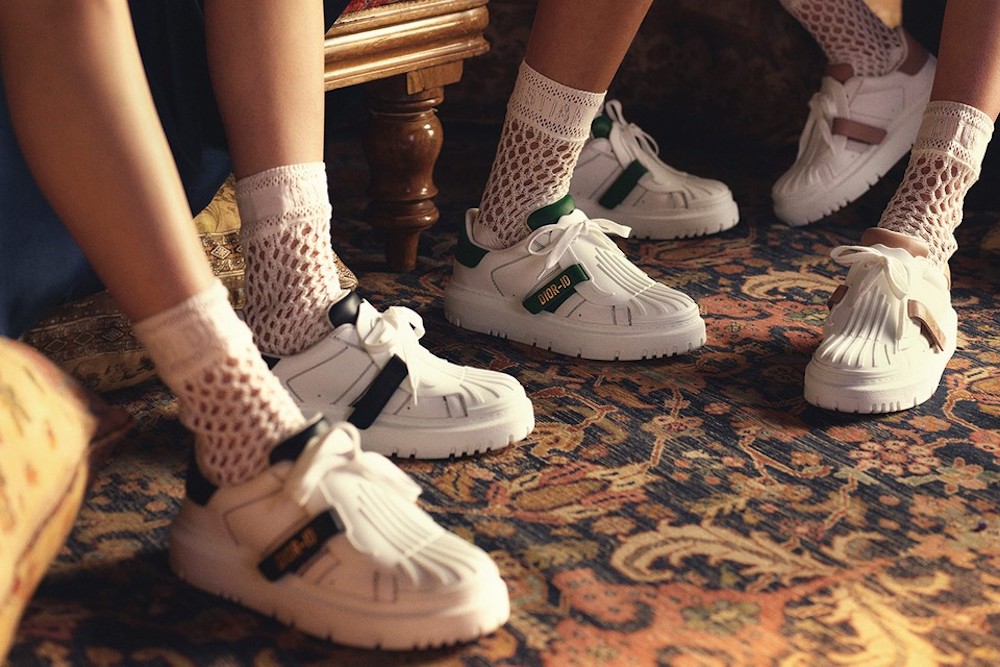
Provocative or Empowering?
The controversy didn’t stop at the clothes. Critics also took issue with the show’s portrayal of women, alleging that it echoed outdated gender dynamics. However, it’s crucial to consider the broader context and the rich tapestry from which fashion draws inspiration, including historical, cultural, and mythological narratives.
Isn’t it possible that what seems like a submissive portrayal could be a complex interpretation of a theme? In this multi-layered world of fashion, it’s often wise to approach these matters with an open mind and a willingness to see beyond the surface.
Fashion is as varied as a spectrum of colors, and at times, it can be as divisive as it is uniting. While it’s crucial to acknowledge and address concerns about sexism and representation, it’s also vital to question the allegations and explore the motivations behind artistic decisions.
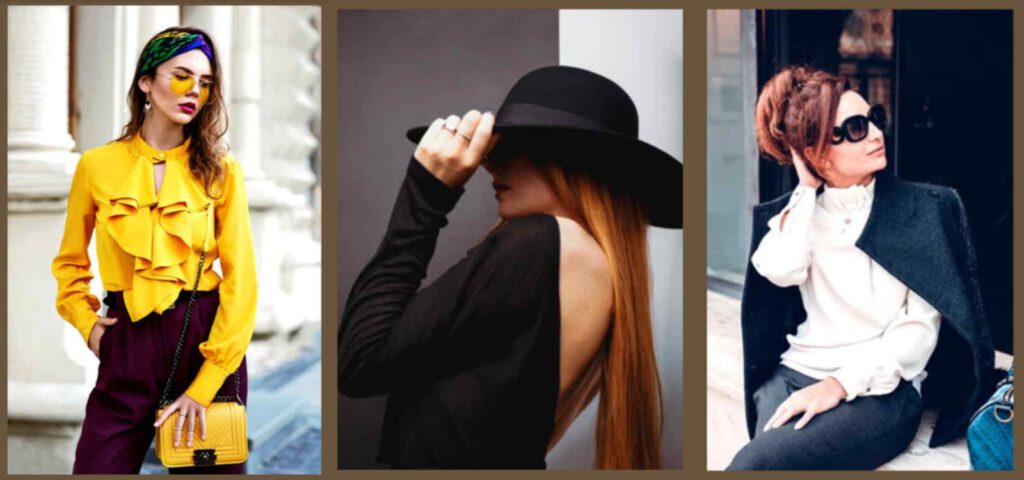
Force for Feminism
Buckle up for a style-soaked journey into the past as we explore how fashion has become a symbol of female empowerment. From the suffragettes shattering the corset’s restrictive hold, to modern-day powerhouses strutting their stuff on the runway, fashion has served as a canvas for women to express their rights and individuality.
Picture the evolution from corset-laden fashion to the liberating flapper dresses of the roaring ’20s. Women reclaimed their bodies, their choices, and their freedoms, all via the transformative power of fashion.
In the present day, the fashion landscape continues to reflect this shift, celebrating diversity, body positivity, and individuality. The power suit, in particular, has become a symbol of modern womanhood, a sartorial declaration of strength, confidence, and authority. So, in the world of style, isn’t it possible that fashion is a tool for empowerment rather than objectification?
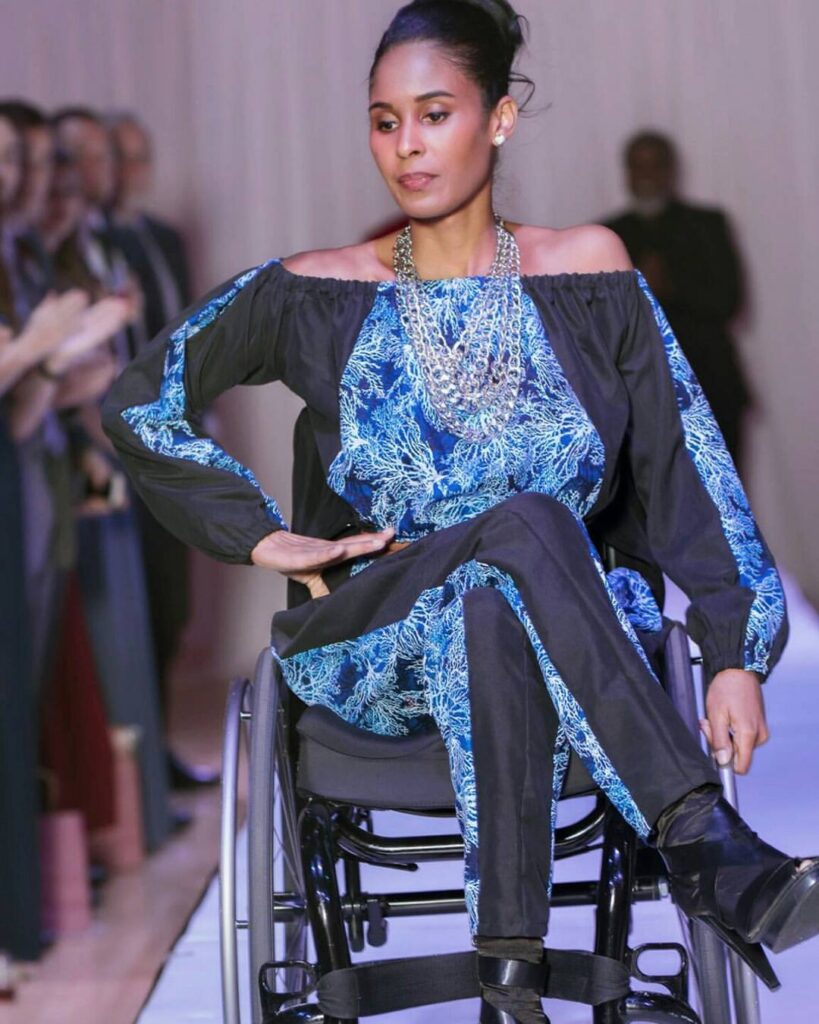
Diversifying the Runway
Let’s turn the spotlight towards another pressing issue in fashion – the lack of diversity and inclusivity on the runway. The call for a more representative industry has grown louder in recent years. Could it be time for the industry to make some bold, progressive changes and mirror the vibrant spectrum of humanity?
Imagine a runway as eclectic and diverse as humanity itself, showcasing models of all shapes, sizes, ethnicities, and identities.
It’s high time we embraced a more comprehensive representation of beauty and dispelled the narrow standards that have long plagued the fashion industry. From plus-size models proudly owning their curves to transgender models shattering barriers, the runway should be a mirror of the world we live in.
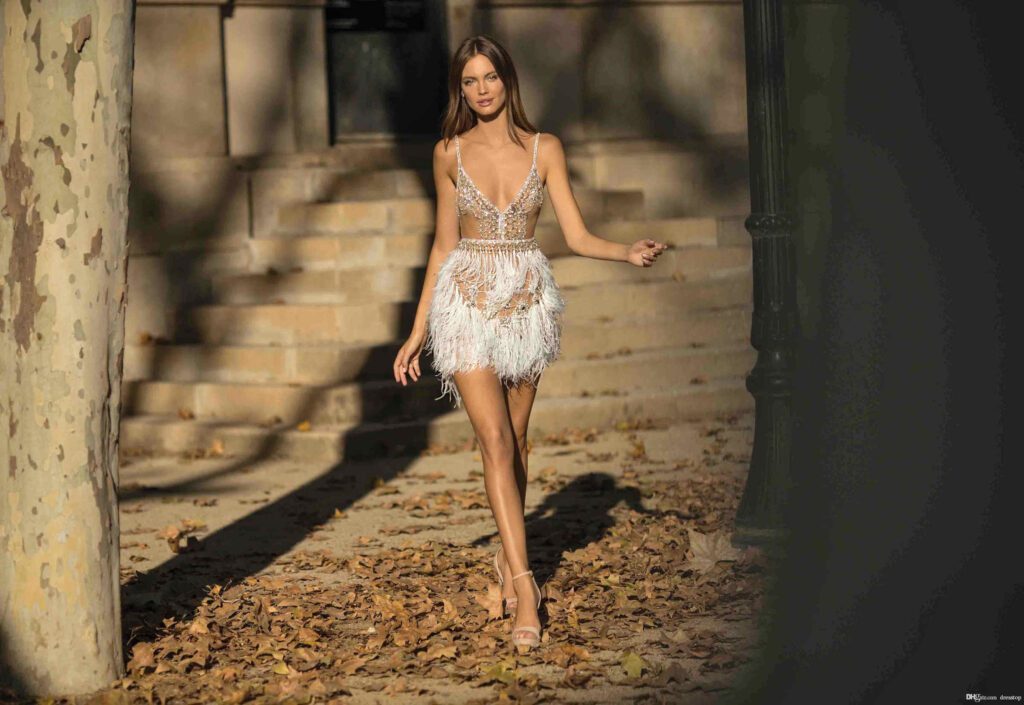
The bottom line
In the grand finale of our analysis, it seems the Dior show controversy has given us an opportunity to open up broader conversations about sexism, representation, and inclusivity in fashion.
As we continue these dialogues, we must challenge the norms, question the status quo, and strive for an industry that empowers and celebrates all. Ultimately, the question remains: Will the fashion industry rise to the occasion and become a more inclusive, representative, and empowering space for everyone?





